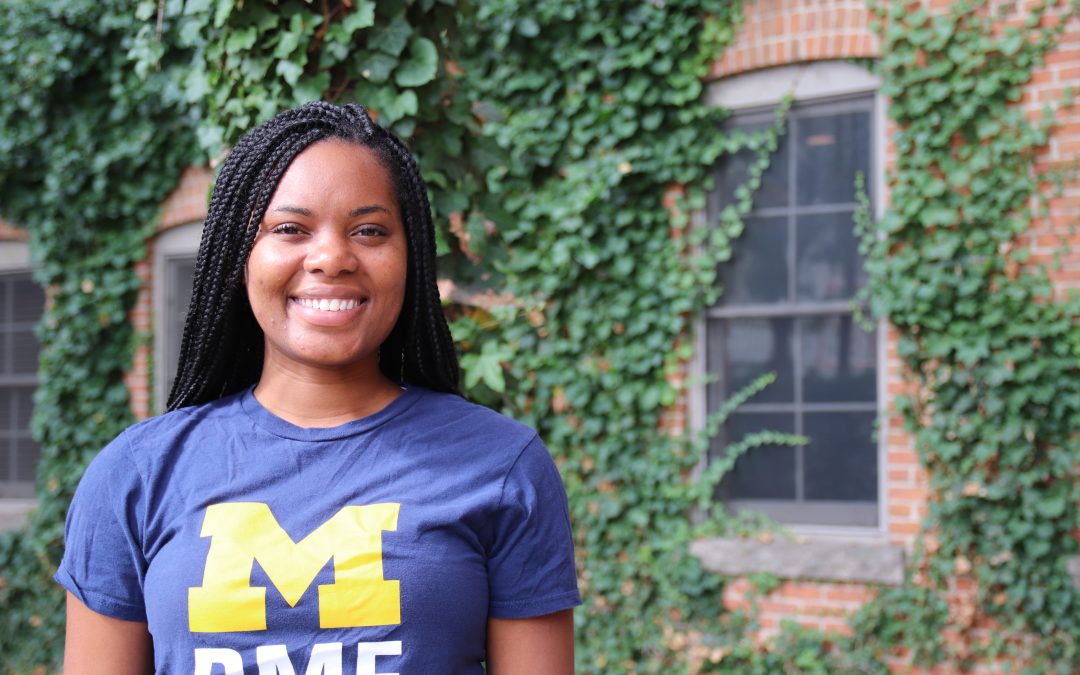This past May, a New York Times article reported the exclusion of women from research, treatment, and interventions around HIV/AIDS. This builds upon recent discussions about how to include other marginalized groups such as African American gay and transgender men into the conversation about eradicating HIV/AIDS. As a young Black Caribbean woman and HIV/AIDS researcher, health inequalities are no new news to me. Growing up in Flatbush, Brooklyn exposed me to the ways mainstream discourses portrayed Black people as victims of a paralyzing plague. I heard the narratives that framed young Black women as “carriers of diseases” and sexually deviant. I saw how Black Caribbeans were framed as vectors of transmission as Haitians became the only national group marked as at risk for AIDS by the Centers for Disease Control and Prevention (the United States’ official governing institution of public health).
Yet, what is new are the lives, labor, and voices of young HIV-positive Black women who are speaking back and making interventions to address the lingering impacts of HIV/AIDS.
In a recent radio interview, I shared some of the experiences and insights I have learned from my work with HIV-positive Black women. Since 2015, I have documented in real-time the organizing and political mobilization of young HIV-positive Black women in Kingston, Jamaica. This self-constructed archive of women’s grassroots work and everyday life has accompanied my experiences doing HIV testing, counseling, and support work in Detroit with a local HIV organization. The collection of their experiences reveals intergenerational networks of Black women who are advocating for themselves and for their communities amidst their exclusion from access to resources and from public health interventions. The erasure of their experiences is striking amidst recent celebrations of the eradication of HIV from a London patient’s (white, male) body, which has been hailed as a milestone in the search for a cure.

In this Stateside segment, I discuss the need for HIV research and interventions to encompass more culturally-informed, gender-specific approaches that meaningfully address the unique needs and lives of HIV-positive Black women.
Thus, to do HIV/AIDS research and public scholarship in this era of normalized marginalization is to engage with three salient questions: Who are we accountable to? Which publics really matter? And what is the purpose of our writing, our research, our scholarship, and our teaching? These are several of the questions that were engaged this past summer in the inaugural Mellon Public Engagement and Humanities workshop, which provided practical skills around reaching public audiences through public speaking, writing, and radio interviews, as well as a gathering of an intergenerational community of humanities professors and Ph.D. students.
Like many of you, I endeavor to figure out my own responses to these questions as I carve out spaces to do meaningful work not solely connected to competing academic demands, professional milestones, and career timelines that often exact an isolating psychological, physical, and emotional toll that can be unsustainable and unhealthy. As I leverage my overlapping privileges—as a university member, as a U.S. citizen, as an able-bodied person—my hope rests among efforts to create evidence-based counter narratives to mainstream discourses about the epidemic, to pursue community-engaged practices centered around equity, and to map pathways for creative work produced with, about, and for diverse publics that matter.
Maybe then we can study and do work in ways that does not kill our souls even if it may break our hearts.
Jallicia Jolly is a PhD candidate in the American culture department at the University of Michigan as well as a doctoral fellow at Amherst College and Yale University. She writes often for the Rackham blog on various themes of public scholarship: addressing HIV/AIDS disparities, building intergenerational community among graduate students, and doing health humanities research around HIV/AIDS and Black women.
The views expressed in this post are the author’s and do not necessarily reflect those of Rackham Graduate School or the University of Michigan.

